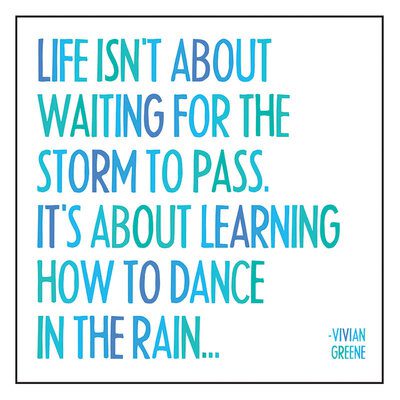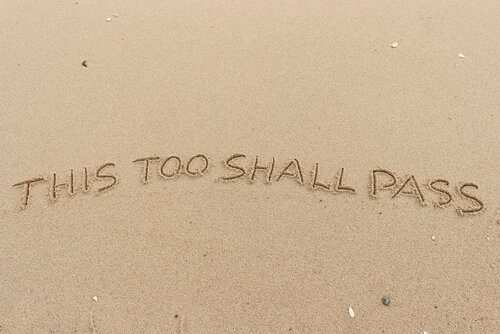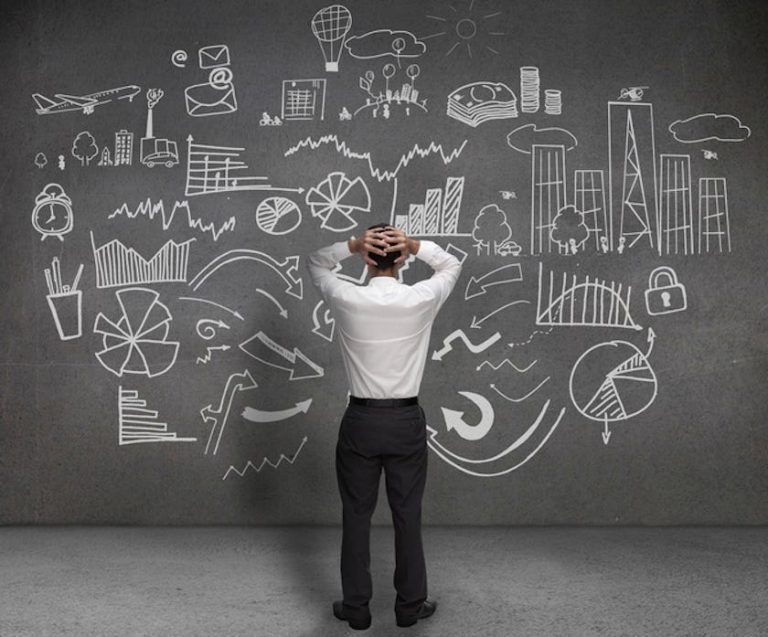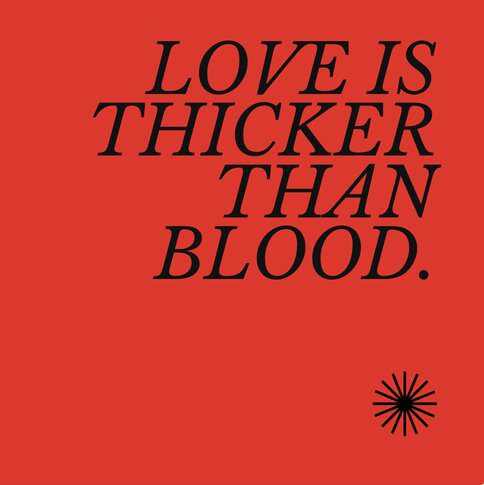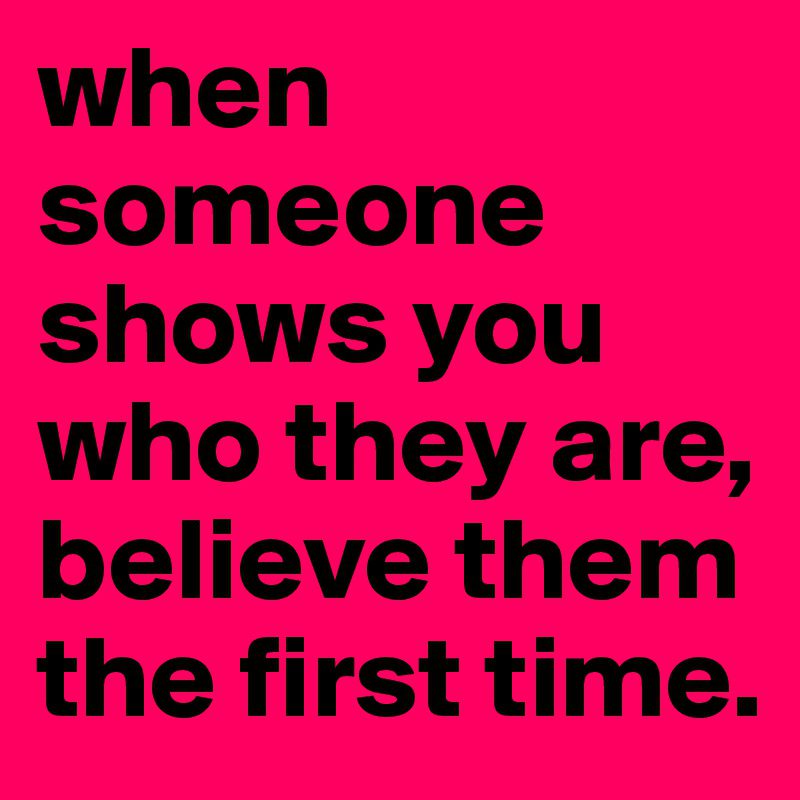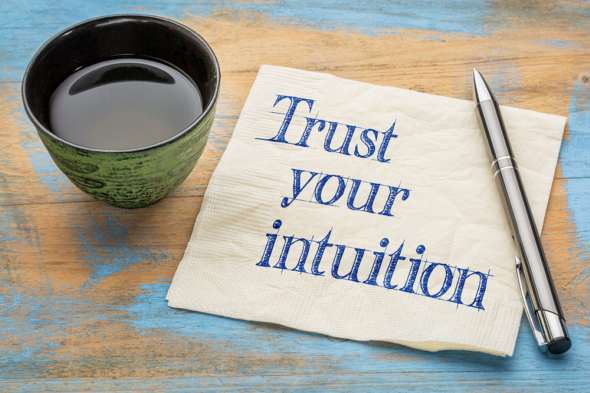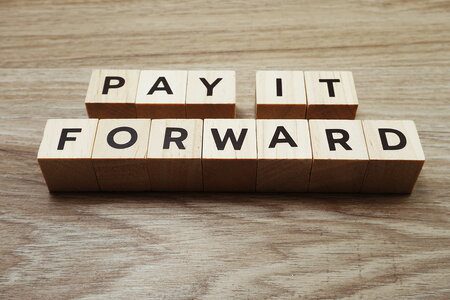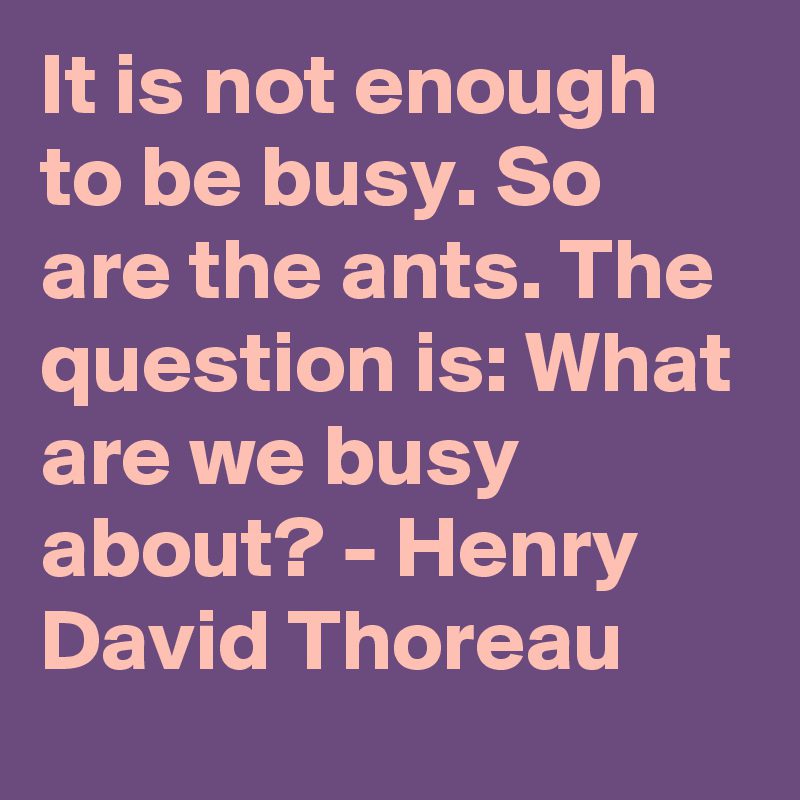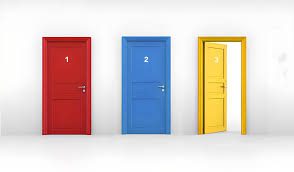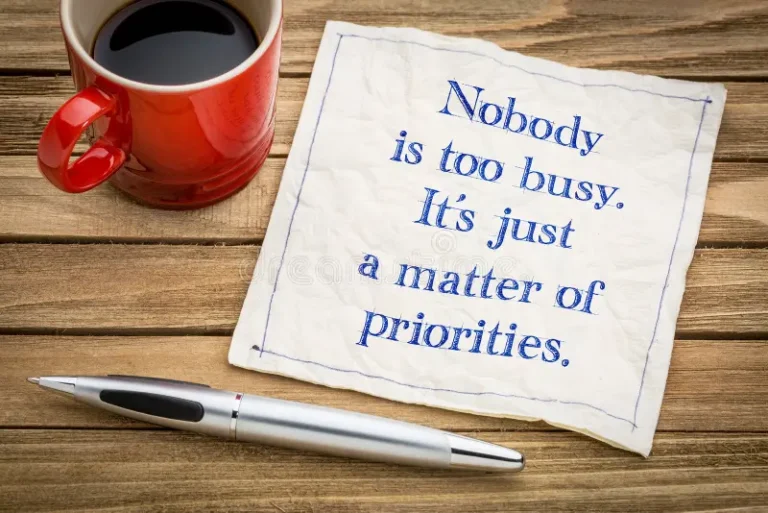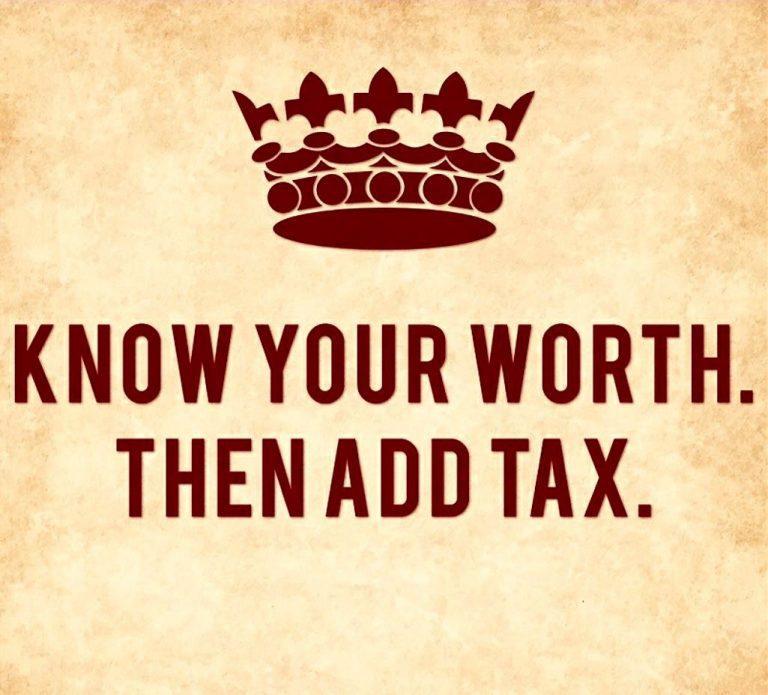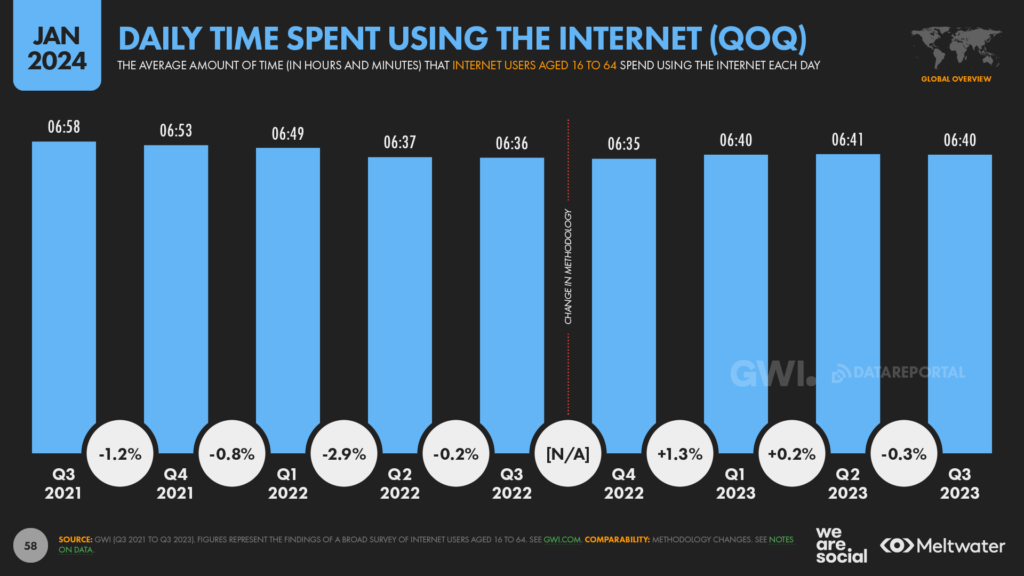Life is often a rollercoaster of ups and downs, peaks and valleys, sweet and bitter, good and bad. It can be extremely tough to navigate the vicissitudes of life, the rollercoaster is never ending; if it is not this then it is that. You are either living in a storm, going through a storm, or entering a new storm. Whatever goes wrong, always goes wrong (Murphy’s Law). Whatever you are going through right now is a moment in time; it will eventually pass. Theodor Seuss Geisel (Dr. Seuss) once quipped “When something bad happens you have three choices. You can either let it define you, let it destroy you, or you can let it strengthen you.” Every situation, circumstance, trial and tribulation is a moment in time. You made a mistake but you are not a mistake, you failed but you are not a failure. You are just experiencing the bittersweet experience of being human.
“Between stimulus and response, there is a space. In that space is our power to choose our response. In our response lies our growth and our freedom.”- Viktor E. Frankl
Whatever you are going through right now—grief, job loss, loss of a loved one, heartbreak, divorce, financial insolvency, rejection, business failure, anxiety, or worry—these are all moments in time. You can either learn the lessons or let them lessen you. You can get the message in the mess or stay stuck in the mess. It is tough dealing with these situations, but it is part of being human. The pain can be debilitating, the path to the top is an uphill battle, and it will be tough before it gets better.
